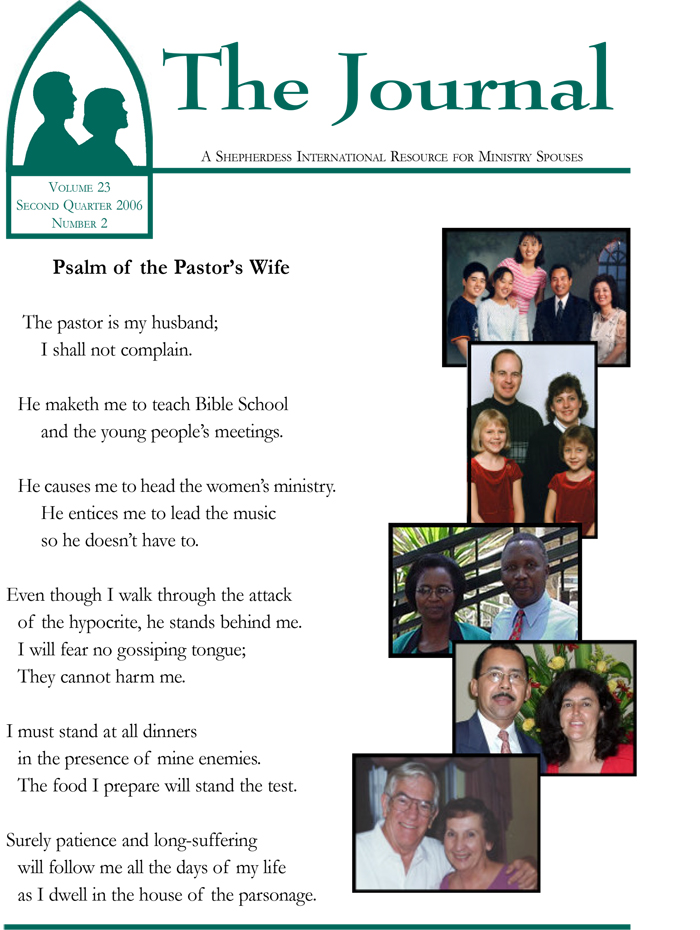We were talking, my friend and I, after attending another friend's funeral. The deceased had been a warm, friendly lady and was consequently popular. Her 14-year-old grandson wept inconsolably. She had been his mentor, encouraging him constantly with love and wisdom. The gap she was leaving in his life was obviously huge, his distress highly visible; he nevertheless bravely spoke to the congregation in the overflowing chapel to pay tribute to his much-loved Nanna. His pain was difficult to watch. She and her wise sayings, to say nothing of her love for him, will remain vivid in his memory all his life, just as my dearly loved father remains in mine.
"It gets to you, doesn't it?" someone said as we came out. We nodded, too full to speak. "She'll be remembered warmly by everyone," Irene said when we'd recovered ourselves a little. She thought for moment. "I wonder how people will remember me?"
"How would you like to be remembered?" I asked. "Well, happily of course. I hope I've made people happy, you know, made them lighten up sometimes." "Let me tell you, you've certainly done that for me, more than once."
She hugged me. "Have I? Have I really?" she said in surprise. "I'm glad, because that's what I really want to do. How about you?"
"Ah, well, I'd like to be thought of, more than anything else, as an encourager. People struggle with so many problems, and even one encouraging word is so helpful when you're disheartened. It's like water in the desert."
I pondered our conversation later. I thought how often you hear people being "put down"—so easy to do without thinking. Especially if you're having an "off" day, unwell, worried about many things, struggling through the flu or some other ghastly affliction, or even worrying, in these uncertain times, if your job will be there tomorrow. Politicians, government officials, bus drivers, shop assistants—all kinds of people you interact with in everyday life, hand out less-than-kind remarks. On television, radio, and in the print media too. Often disguised as sharp comments, designed to be witty, but usually at someone's expense, and at its worst, discourteous and wounding. You encounter it everywhere. We're all guilty. I thought of my childhood and how one particular teacher seemed to crush my spirit constantly, eroding away any self-confidence I had. Now maybe it wasn't intended that way (I'd like to think that was the case) and certainly I was an over-sensitive child. However, the effects are unfortunately long-lasting. Even now, the hurtful words said to me in my childhood come back to haunt me, especially when I'm trying to complete a project, and my self-esteem takes a tumble. When I think of how often children, especially, are stung by words, I could weep for all of our collective thoughtlessness.
Kinds words, of course, leave a lingering presence of happiness. I ran into one of my ex-neighbours while visiting another town last year. Twenty-five years had passed since we'd last seen each other. Then we were young mothers, in an isolated country place, with both financial and transport problems, among many other difficulties. She, with three adorable little girls, had a difficult husband who treated her badly. She was also pregnant. She couldn't wait to remind me, at this recent meeting, that she still had the letter I wrote her when she was in the hospital birthing her fourth daughter.
"You will never know how much that helped me," she told me. I was very surprised as I didn't recall writing it, but thank God, for once I got it right. It was a real pleasure to reacquaint myself with two of her beautiful now-grown-up girls, and to know that all had turned out well. And yes, their marriage problems were solved too, and she and her husband were still together. Isn't it the truth that we just don't know how far-reaching a few kind words are? Unfortunately, the opposite applies as well.
During those early years, I remember castigating our elder son (he was about seven) for some carelessness. He'd broken something, I think. (I was very stressed at the time over other events in our lives. Not an excuse! Children don't deserve that.) What he'd done was not a deliberate act. I also remember, many years later when he was grown up, being convicted that I must talk with him about it.
"Son, can you ever forgive me for that harshness?" He grinned and gave me a hug. "Mum, I'm not sure I can even remember it" (I'm sure he could but he's very forgiving). I think he was actually letting me off the hook very kindly.
This whole subject, of course, takes me back to what our parents taught us, so long ago. "If you can't say something kind, say nothing." "Guard the tongue," James tells us; if we fail to, we can do a lot of damage. Conversely, the tongue can be used for gentle, uplifting words. I am well aware of all this, yet I can still "shoot my mouth off" occasionally or, as someone recently described it, "open the mouth before putting the brain into gear." Please God, help me not to be guilty of it. After all, if anyone ever remembers me when I've passed on, let the memory be of a time when I helped, not hindered.
So, how do you want to be remembered?
